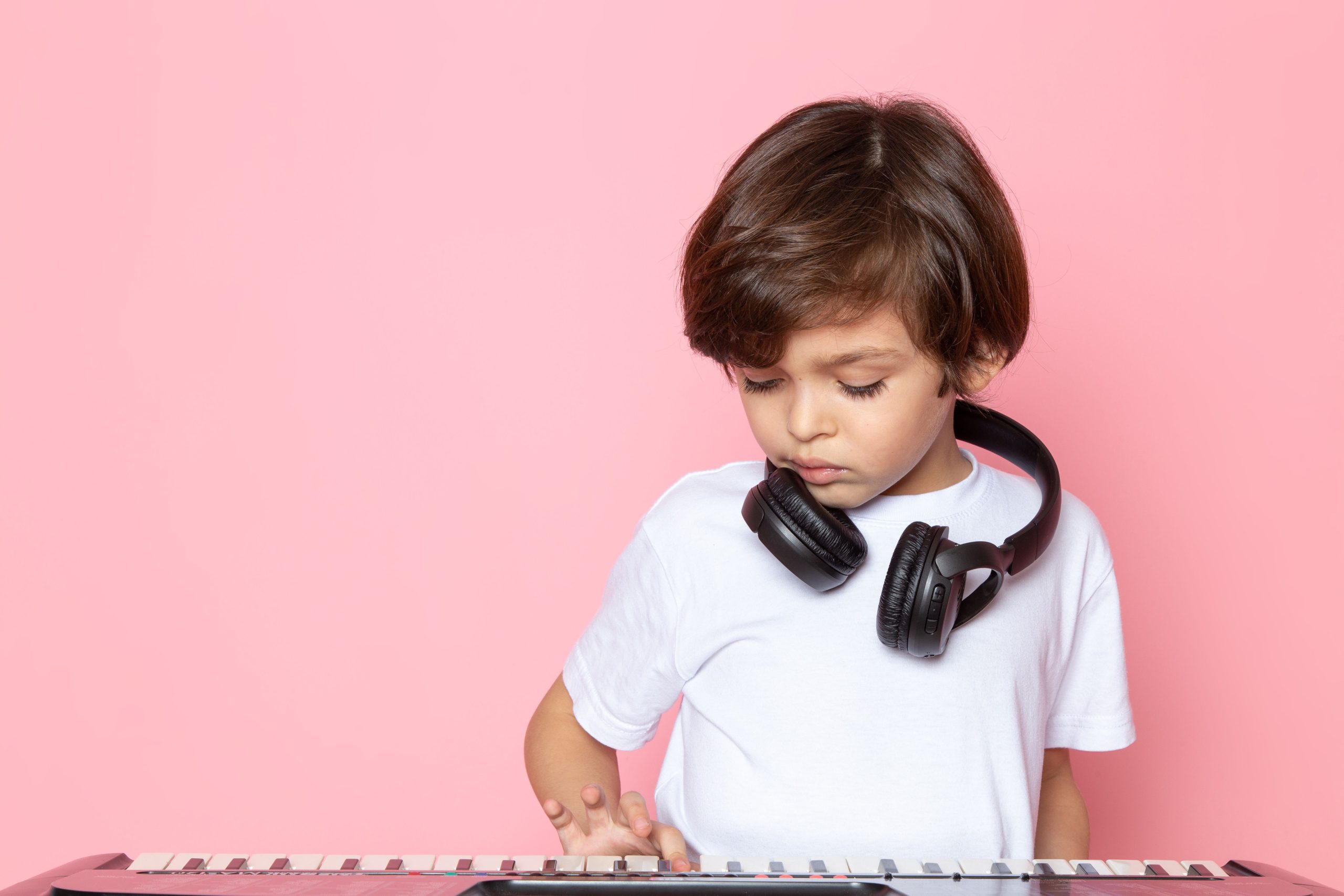
What Preschoolers Remember: The Role of Muscle Memory in Music Preferences
Muscle Memory: The Key to Music Preferences
Music has the power to transcend time, age, and culture. It can evoke emotions, memories, and shape identities. For preschoolers, music is an integral part of their daily lives. They hear it in various settings like the car, home, playground, and classroom. But what kind of music do preschoolers like today? And what factors influence their preferences? This article explores the role of muscle memory in preschoolers’ music preferences and provides insights for parents, caregivers, and educators.
Influence of Repetition and Familiarity
One significant factor influencing preschoolers’ music preferences is repetition and familiarity. Preschoolers thrive on routine and prefer songs that are repetitive, predictable, and easy to remember. These types of songs allow them to sing along, dance, and create their movements.
Emotional Connection
Preschoolers’ music preferences are heavily influenced by emotional connections. Music can evoke strong emotions, and preschoolers express their feelings through music, preferring songs that match their emotions.
Peer Influence
Peer influence plays a significant role in shaping preschoolers’ music preferences. They often imitate their peers’ musical tastes, leading to shared preferences within peer groups.
Culture and Context
Culture and context also impact preschoolers’ music preferences. Different cultures have unique musical traditions, and preschoolers tend to prefer music familiar to their cultural background.
Importance of Musical Diversity
Musical diversity is crucial for preschoolers’ music development. Exposure to various genres, cultures, and contexts broadens their musical horizons and enhances their understanding of music.
Active Music Making
Active music making is essential for preschoolers’ cognitive, language, social, and emotional development. It involves singing, playing instruments, and creating music.
Music Education
Formal music education is vital for preschoolers’ music development. It provides a foundation for lifelong musical learning and enjoyment, enhancing cognitive, language, social, and emotional skills.
Role of Muscle Memory
Muscle memory is a crucial aspect of preschoolers’ music development. It enables them to perform songs or melodies without conscious effort, and emotional connections and peer influences significantly impact this process.
Tips for Supporting Music Development
- Encourage repetition: Preschoolers need repetition to develop strong muscle memory.
- Foster emotional connections: Help preschoolers develop emotional connections to songs and melodies.
- Promote peer collaboration: Encourage preschoolers to collaborate with peers on musical activities.
- Provide diverse musical experiences: Expose preschoolers to music from different genres and cultures.
Conclusion
Preschoolers’ music development is complex and influenced by various factors. By understanding these factors and following the tips provided, parents, caregivers, and educators can support preschoolers’ musical growth and foster a lifelong appreciation for music.


